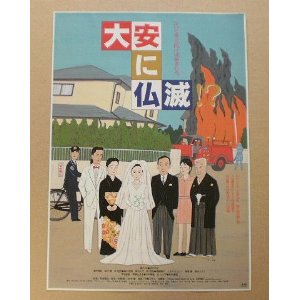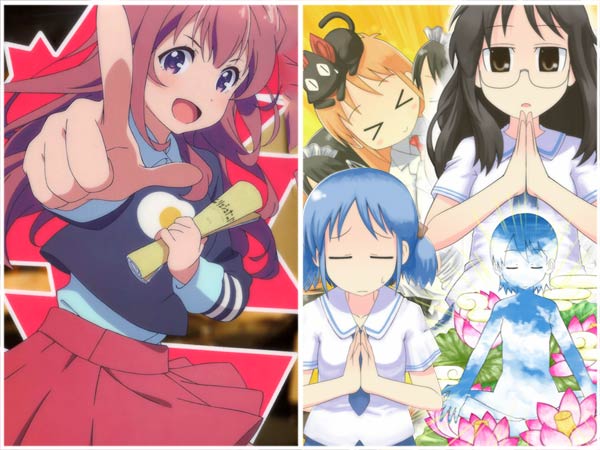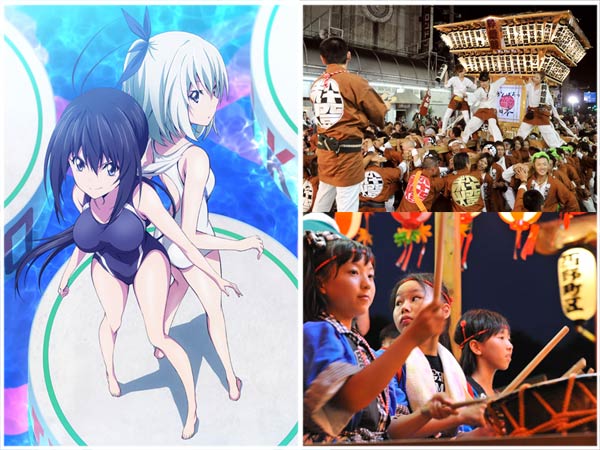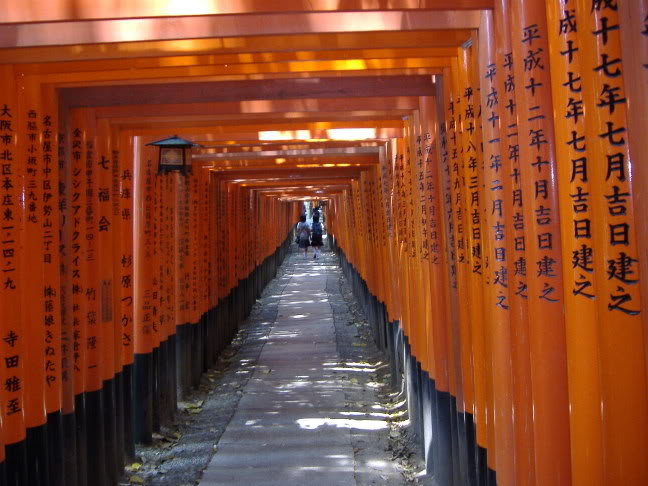One thing that surprised me about the Japanese was how superstitious many people here are, and there are many superstitions here that seem odd to foreigners, such as, don’t cut your fingernails at night or you won’t be able to be with your parents when they die, don’t whistle at night or snakes will come and get you, and so on. Many of these beliefs come from Japan’s unique flavor of Buddhism, which seems to be very death-oriented — for example, it’s bad luck to sleep with your head to the north (kita makura), as dead people about to be cremated are laid with their heads to the north. In this vein, there’s a complex system of lucky and unlucky days according to a Buddhist calendar, with six different days that cycle throughout the month. It’s good luck to get married or start construction on your home or take delivery of a car on the luckiest day (called Taian), but if you were to get married on the unlucky day (called Butsumetsu), you’d probably end up divorced and unhappy. The six days, and their kanji meanings, are Sensho (“win first”), Tomobiki (“take away with”), Senpu (“lose first”), Butsumetsu (“Buddha’s Death”), Taian (“Great Calm”), and Shakkou (“Red Mouth”). Supposedly, it’s lucky to do things in the morning on Sensho, but it’s unlucky to do anything in the morning on Senpu — wait til the afternoon instead on that day. Never have a funeral on Tomobiki, as the soul of the deceased will be taken away instead of staying near his loved ones, while Butsumetsu is a general unlucky day, and virtually all Japanese avoid doing important things on this day. Today (the 14th) is Taian by the way — I hope everyone enjoys good luck today!
Ever Wonder Why Japanese People Love Cats So Much?
Why Do Japanese People Love Cats So Much? While language, culture and history might separate us all, one thing most...
















